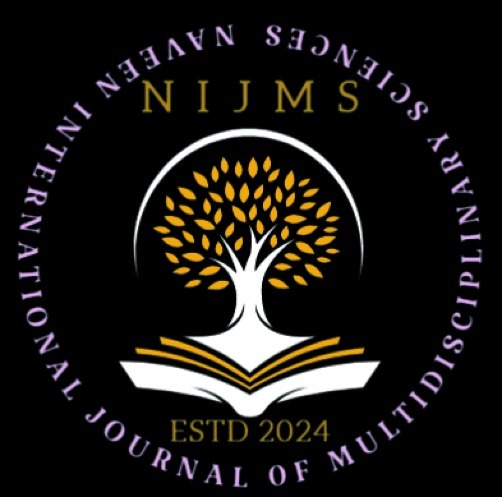Theory-Based Interventions to Reduce Math Anxiety and Enhance Achievement
DOI:
https://doi.org/10.71126/nijms.v2i1.89Abstract
ABSTRACT:
Math anxiety undermines students’ participation, persistence, and achievement across ages and cultures. This paper synthesizes theory-based interventions that target both emotion and learning processes. Three frameworks organize the review: cognitive-behavioral, constructivist, and social learning. Cognitive-behavioral interventions challenge irrational beliefs, teach relaxation and cognitive restructuring, and use graded exposure to mathematics; they reliably raise test performance and often reduce anxiety. Constructivist approaches emphasize hands-on, inquiry-oriented, and collaborative problem solving, remove counterproductive time pressures, and prioritize relational understanding over rote procedures. Social learning strategies leverage peer modeling, tutoring, and supportive classroom norms to build self-efficacy. In practice, effective programs integrate these strands into multimodal designs that combine emotion regulation, conceptual scaffolds, and structured peer support. The review also summarizes assessment and evaluation. Widely used measures such as the MARS, AMAS, and MAS-UK enable screening and monitoring. Mixed-methods evaluations—pre/post-tests, growth models, interviews, and reflective writing—link anxiety reductions to gains in mathematical performance. Case studies during COVID-19 further highlight the benefits of collaborative, hands-on learning and mindfulness-based components. Implications follow for classroom practice and policy: adopt process-focused instruction, normalize help-seeking, embed brief CBT micro-lessons, expand peer supports, and fund rigorous, scalable interventions. Noted limitations include small convenience samples and uneven demographic representation; future research should pursue longitudinal, diverse, and comparative trials with transparent implementation fidelity. Overall, converging evidence shows that theoretically grounded, multimodal interventions can meaningfully reduce math anxiety while enhancing achievement when implemented with fidelity and evaluated systematically. Clear reporting standards and equitable sampling will strengthen generalizability and classroom translation worldwide adoption.
Keywords: math anxiety; cognitive-behavioral therapy; constructivist learning; social learning; multimodal interventions; assessment scales; self-efficacy.
Downloads
Published
Issue
Section
License
Copyright (c) 2025 Naveen International Journal of Multidisciplinary Sciences (NIJMS)

This work is licensed under a Creative Commons Attribution-NonCommercial 4.0 International License.













